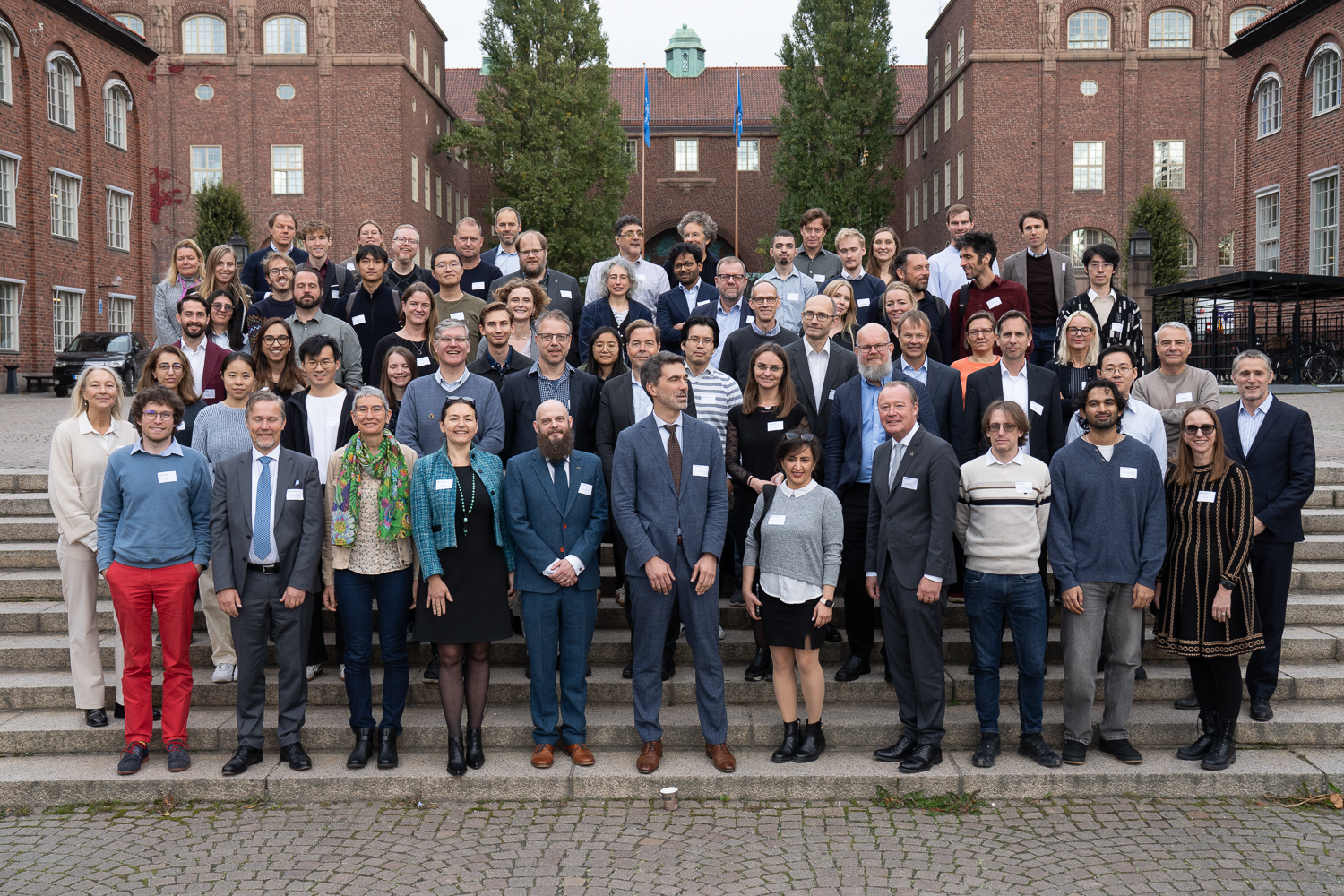The French–Swedish Workshop on AI, held on 16–17 October 2025 at the KTH Royal Institute of Technology in Stockholm, brought together world-leading researchers, industry innovators, and policymakers to deepen collaboration between France and Sweden in artificial intelligence.
Co-organized by KTH / Digital Futures and the Embassy of France to Sweden, the two-day event marked a major milestone in fostering strategic alignment between the French and Swedish AI ecosystems. Its central aim was to establish long-term partnerships that strengthen Europe’s global position in AI research, industrial innovation, and entrepreneurship.
A bilateral vision for AI excellence
The workshop opened in the morning with welcoming remarks from Mikael Lindström, Deputy President of KTH. After lunch, he was joined by H.E. Mr Thierry Carlier, Ambassador of France to Sweden, and Maria Nilsson, State Secretary at the Swedish Ministry for Education and Research, who highlighted the importance of international collaboration in advancing responsible and human-centered AI.
– This workshop marks an important step in building bridges between our two nations’ academic and industrial AI ecosystems. By joining forces, we can accelerate innovation that benefits society at large, said Mikael Lindström.
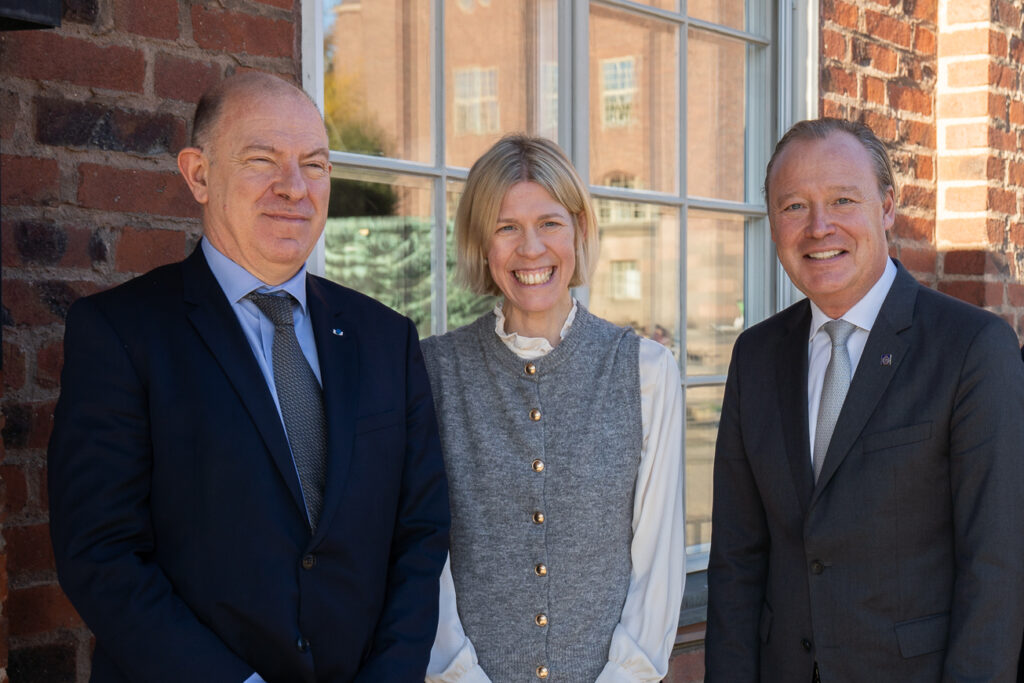
– The French-Swedish Workshop on AI demonstrates the power of cross-border collaboration in science and innovation. By bringing together our best researchers and companies, we are building bridges that will strengthen Europe’s leadership in artificial intelligence, continued H.E. Mr Thierry Carlier. Maria Nilsson added: “This workshop highlights how international partnerships can accelerate both research and its practical application. Sweden and France share a commitment to fostering AI that is responsible, human-centered, and capable of addressing real societal challenges.”
Their remarks set the tone for the two-day event, emphasizing the shared commitment of France and Sweden to strengthen academic and industrial ties in artificial intelligence.
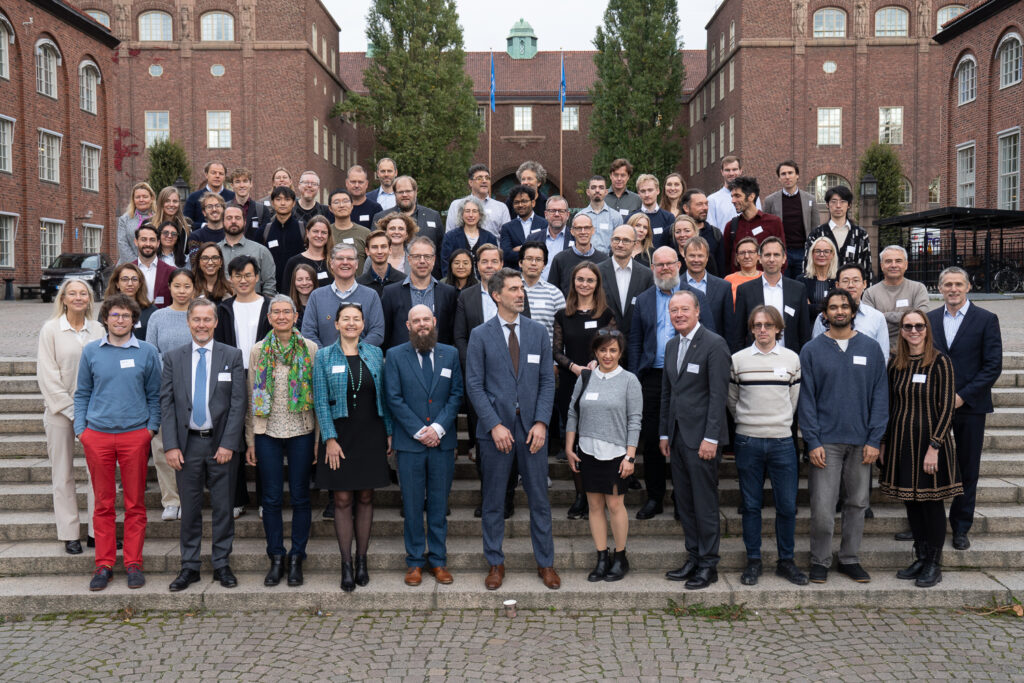
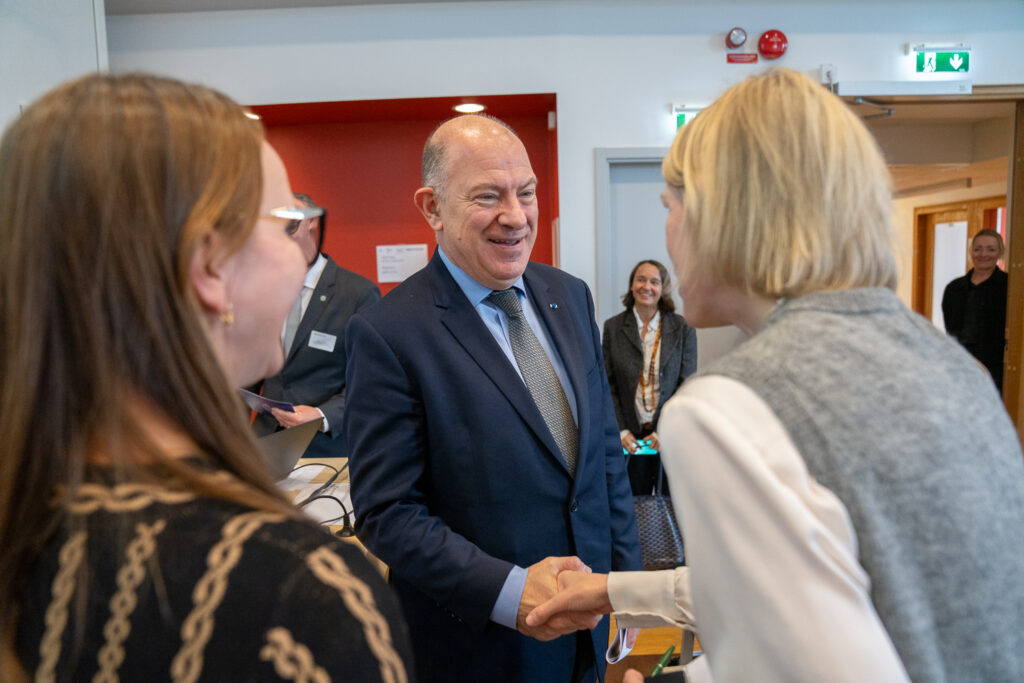
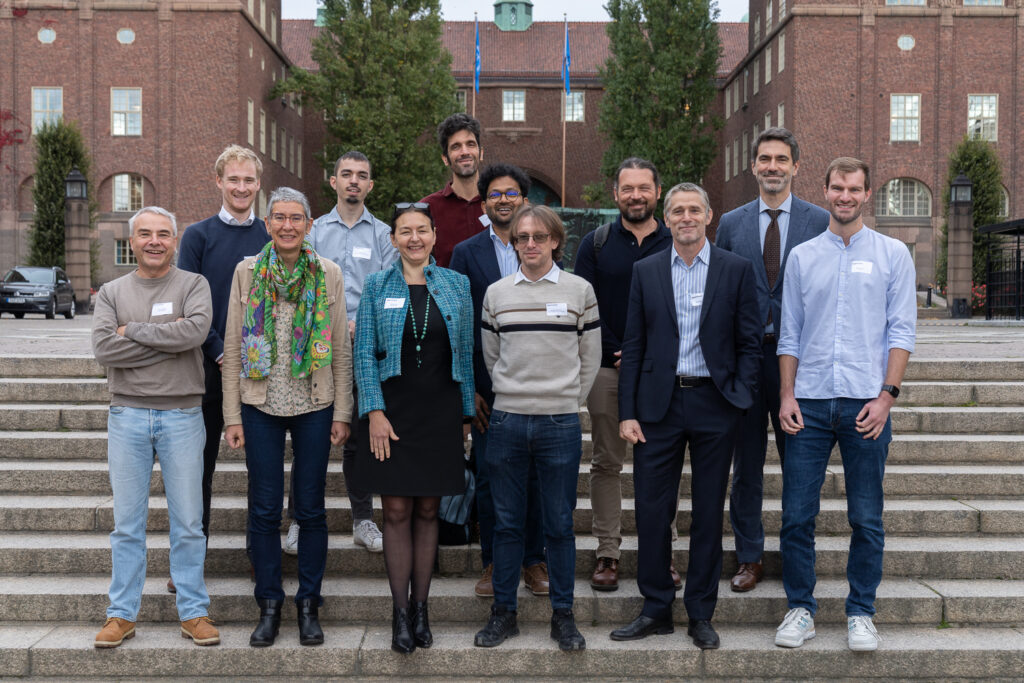
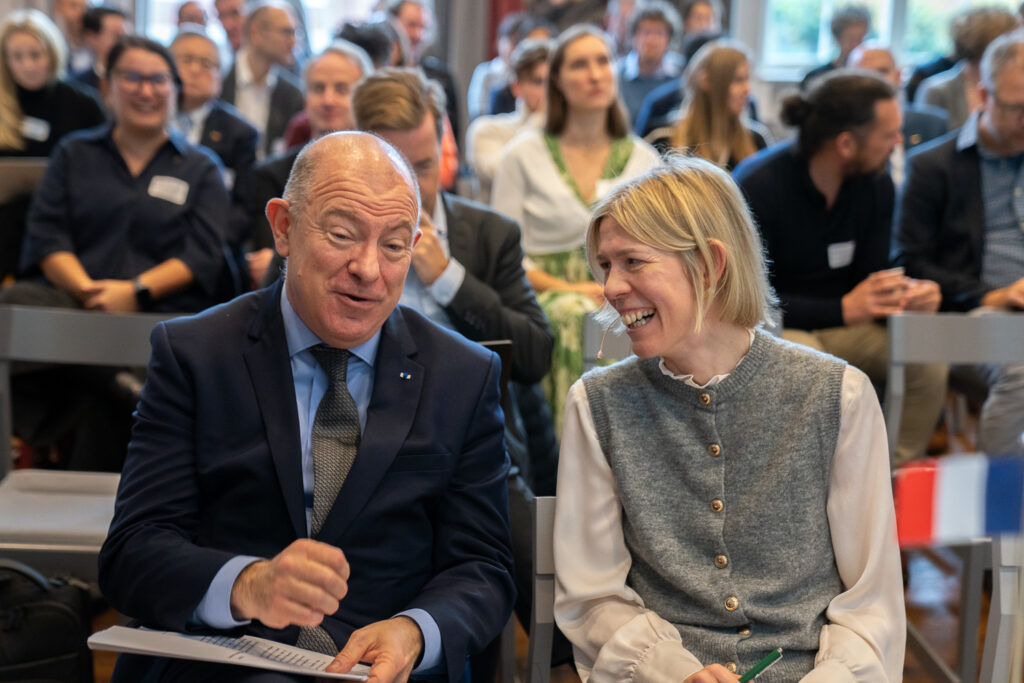
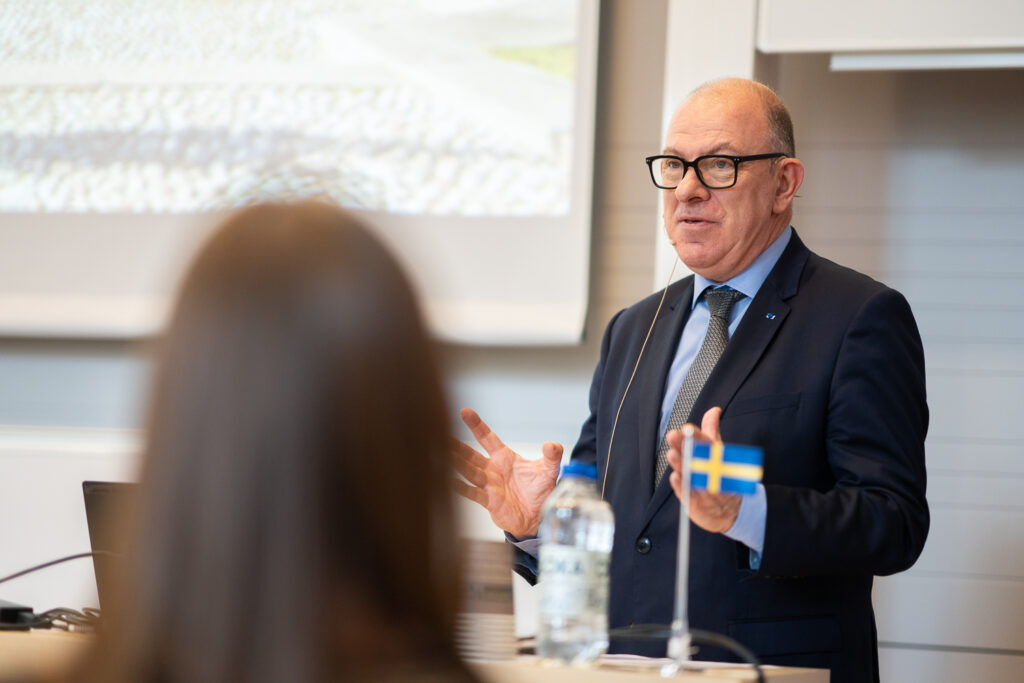
The event underscored a shared commitment to promoting AI that is not only technologically advanced but also trustworthy, ethical, and human-centered — reflecting both countries’ priorities within the broader European research landscape.
Day 1 – Academic collaboration at the core
Moderated by Professor Alexandre Proutière (KTH), the first day focused on academic excellence and scientific exchange. French and Swedish researchers delivered paired keynote talks across four key domains — Mathematical Foundations of AI, Computer Vision, Intelligent Robotics, and AI in Health and Life Sciences.
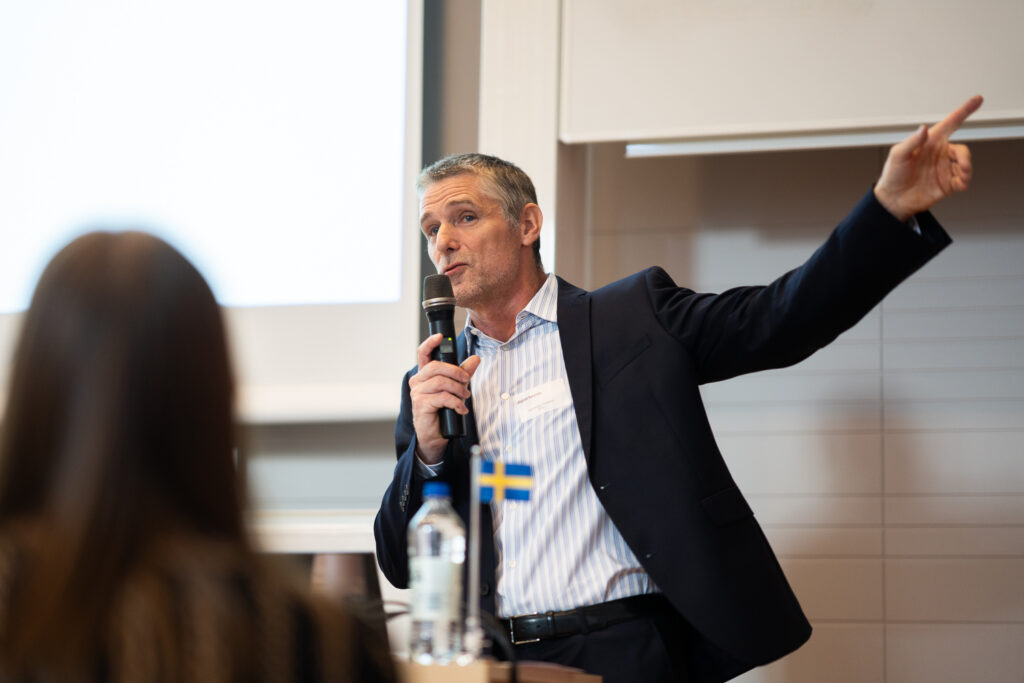
Highlights included:
- Aymeric Dieuleveut (École Polytechnique) and Mikael Johansson (KTH) exploring the mathematical principles that shape modern AI optimization.
- Vincent Lepetit (ENPC ParisTech) and Fredrik Kahl (Chalmers University of Technology) presenting the latest developments in 3D reconstruction and digital twins.
- Adriana Tapus (ENSTA Paris) and Iolanda Leite (KTH) discussing personalization and human interaction in robotics.
- Sophie Achard (CNRS) and Pawel Herman (KTH) examining synergies between neuroscience and AI for advancing health and life sciences.
A poster session provided a platform for PhD students and postdocs to present their research and engage with senior scientists, while a panel discussion on funding opportunities — featuring experts from Vinnova and KTH — explored strategies for future joint EU and international initiatives.
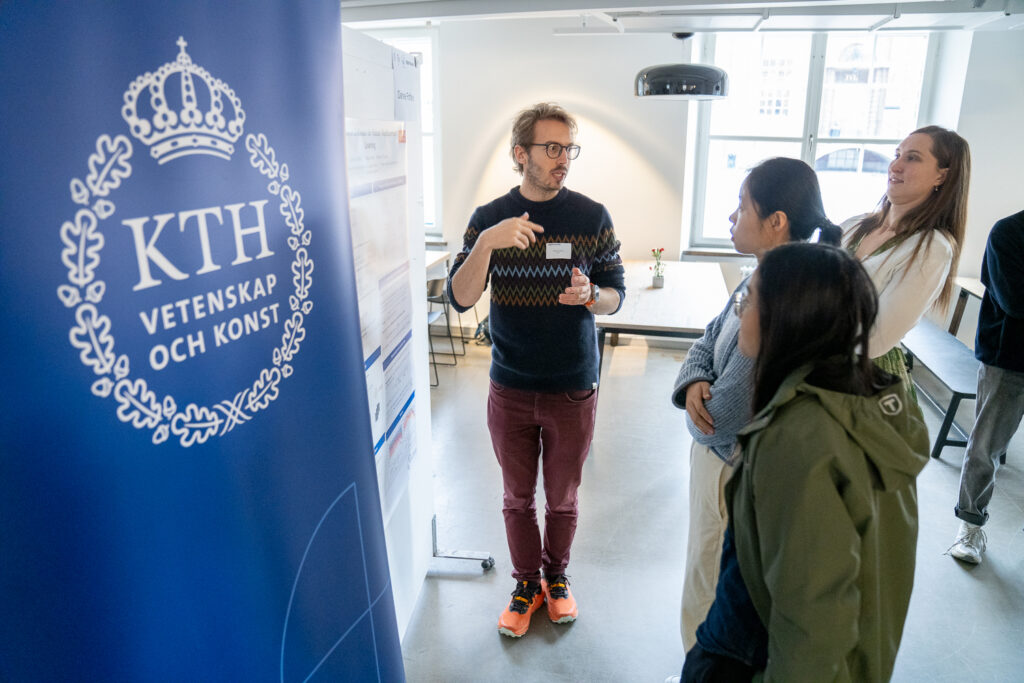
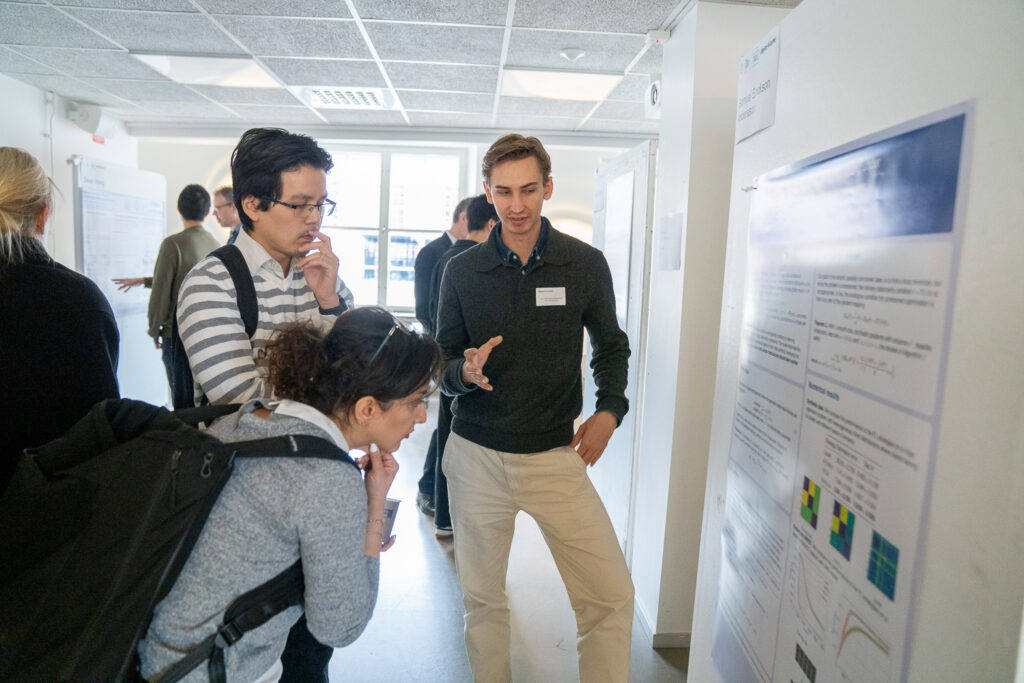
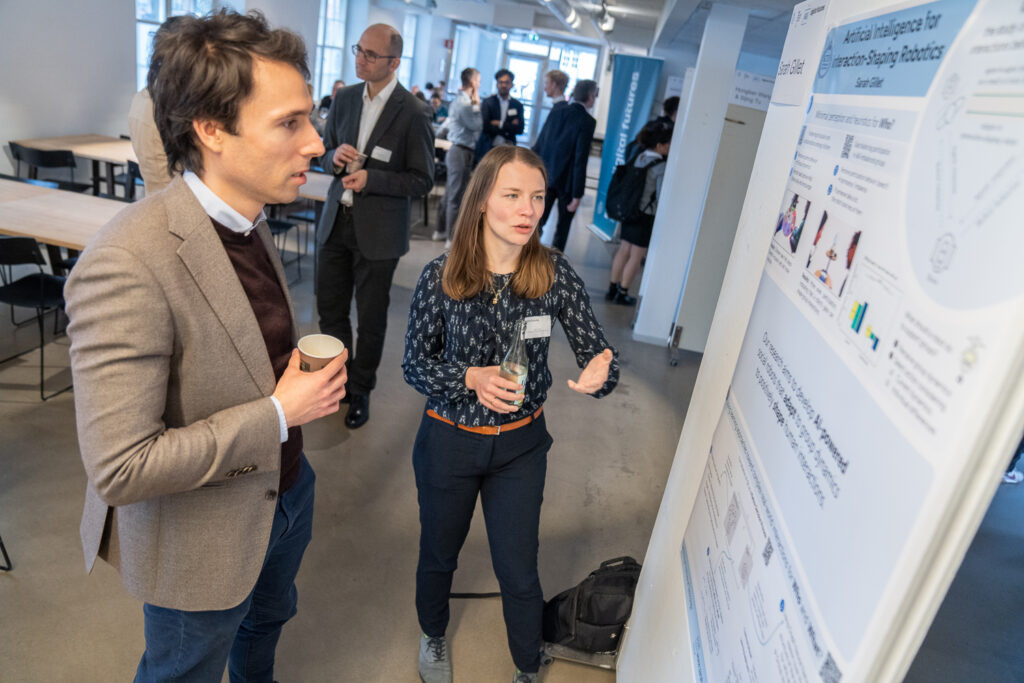
Alexandre Proutière: “The workshop was intense and highly engaging. It became clear that French and Swedish AI researchers not only wish to tackle the same scientific challenges, but also bring complementary expertise to the table. This makes the prospects for future collaboration both exciting and very promising!“
The day concluded with a reception at the residence of the French Ambassador to Sweden, celebrating the growing ties between the two research communities.
Day 2 – Industry engagement and innovation
The second day shifted focus to AI in practice, highlighting collaboration between academia, industry, and the public sector. Opening remarks were delivered by Karl H. Johansson, Director of Digital Futures, who emphasized the need for innovation ecosystems that translate cutting-edge research into societal and economic impact.
Two expert panels framed the day’s discussions:
- AI Innovation for Industry, moderated by Hannes Eder Öhrström (KTH Innovation) and Martina Scolamiero (KTH), featured speakers from Alstom, Spotify, TRATON Group, SEBx, and the Stockholm Regional Assembly, exploring how organizations can remain competitive and innovative in the AI era.
- AI for Safety-Critical Systems, moderated by Anna Kiefer (KTH) and György Dán (KTH), addressed issues of transparency, robustness, and cybersecurity in AI applications, with insights from Dassault Systèmes, Ericsson, Xylem, and Hitachi.
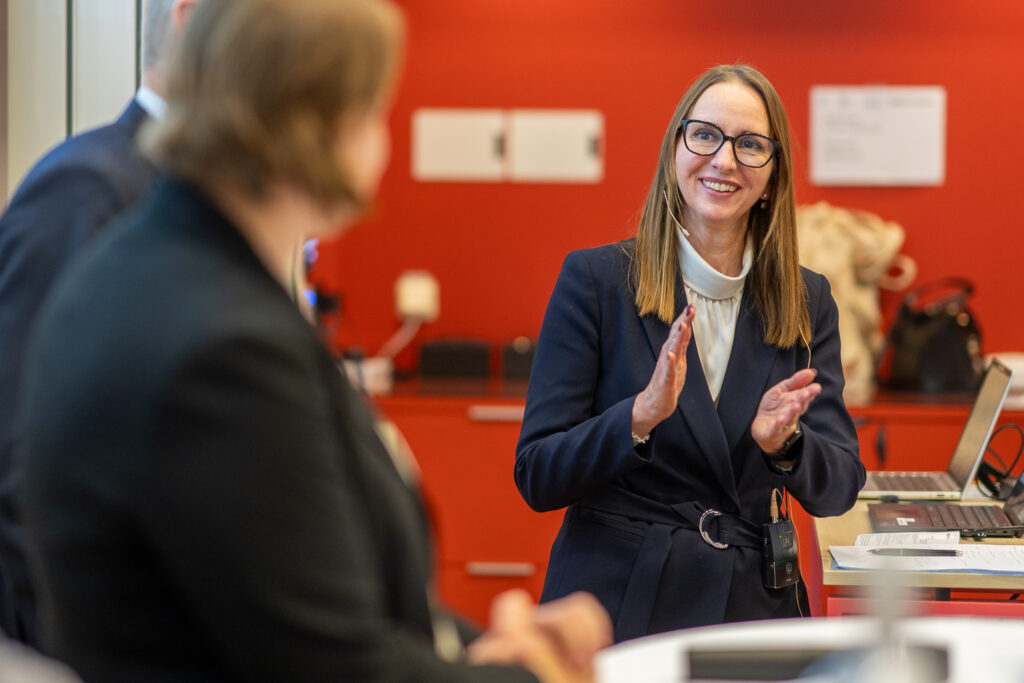
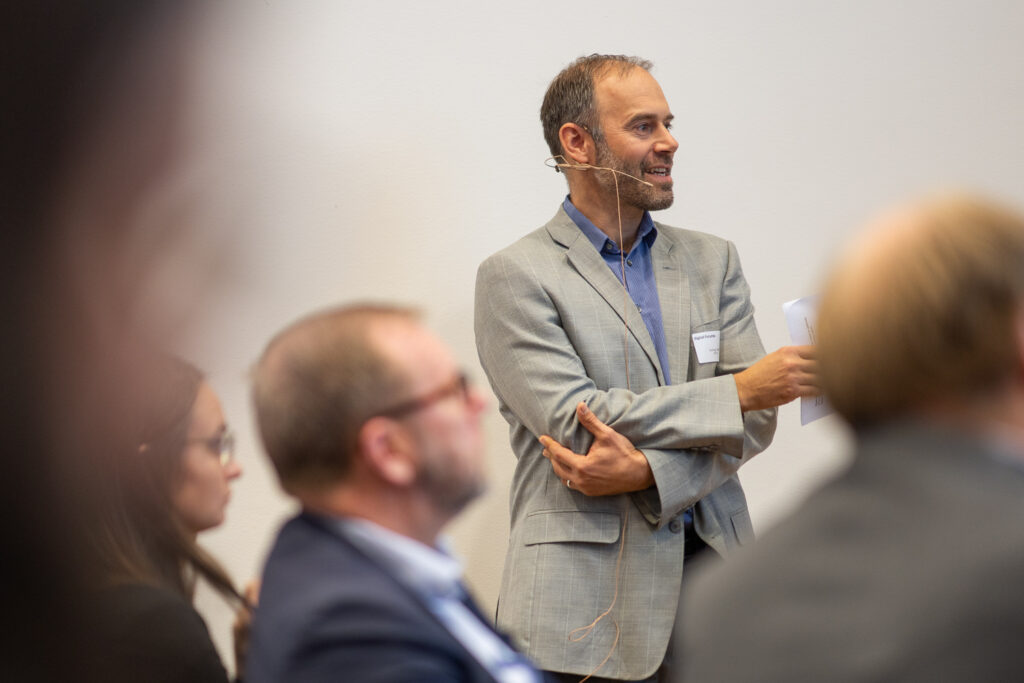
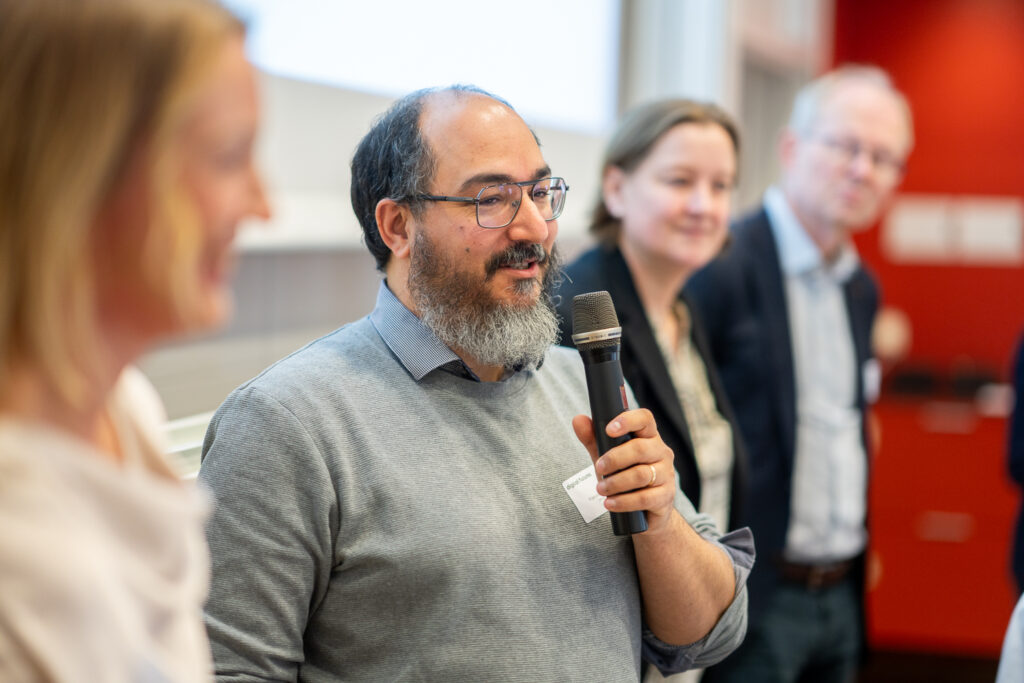
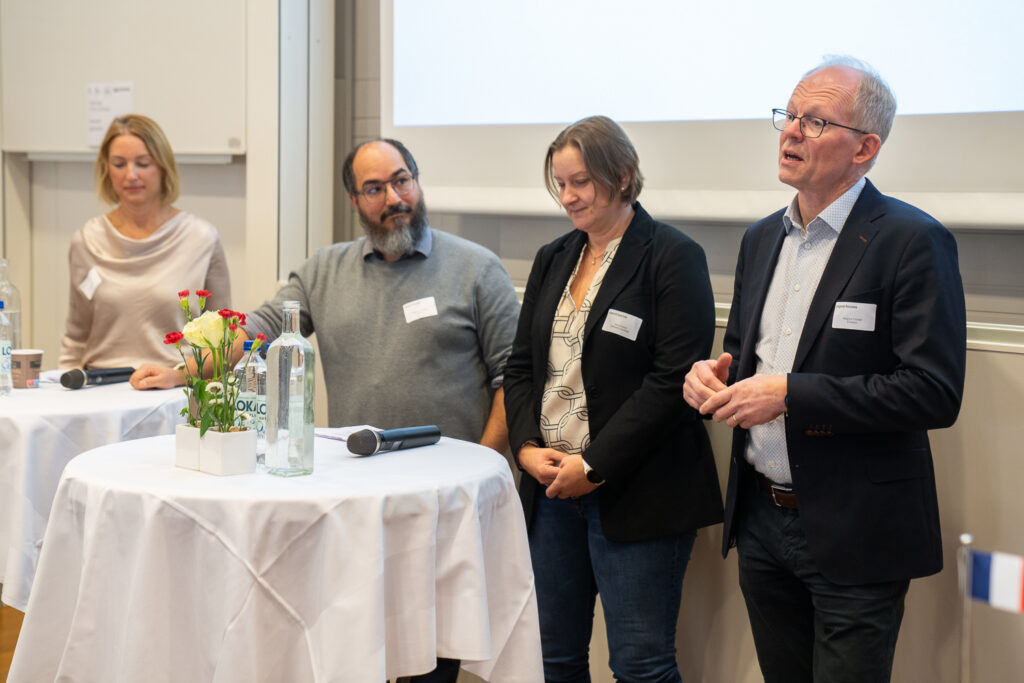
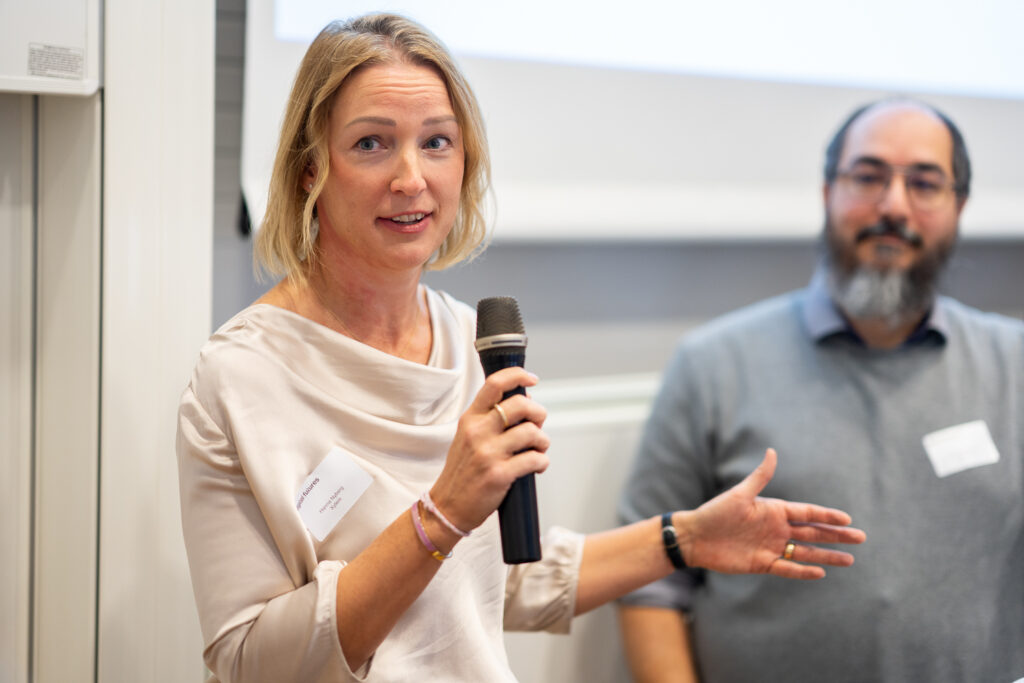
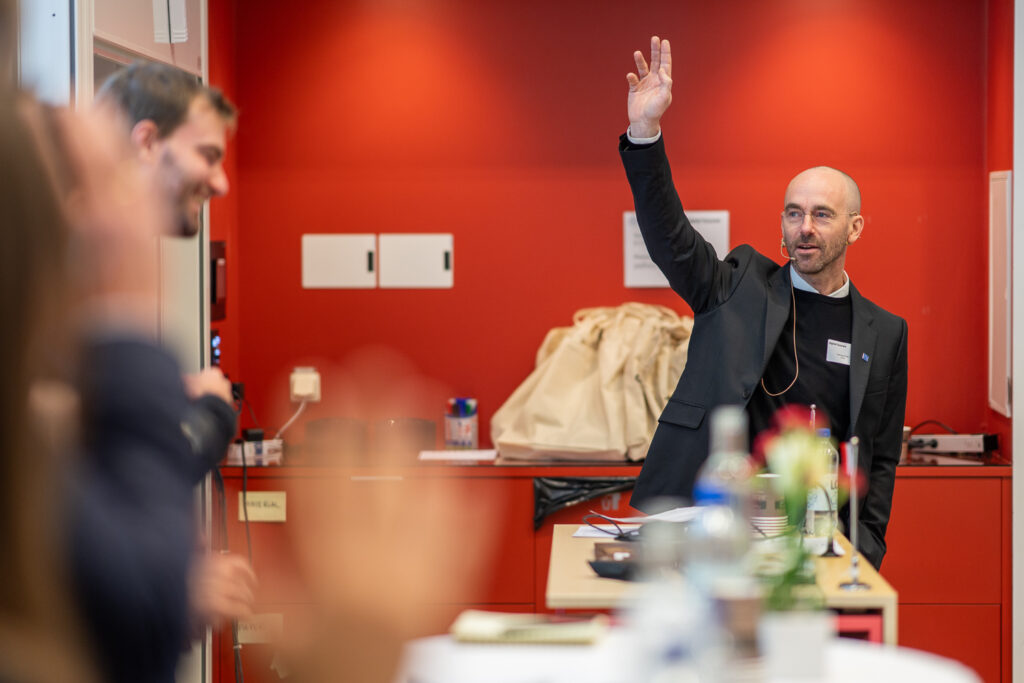
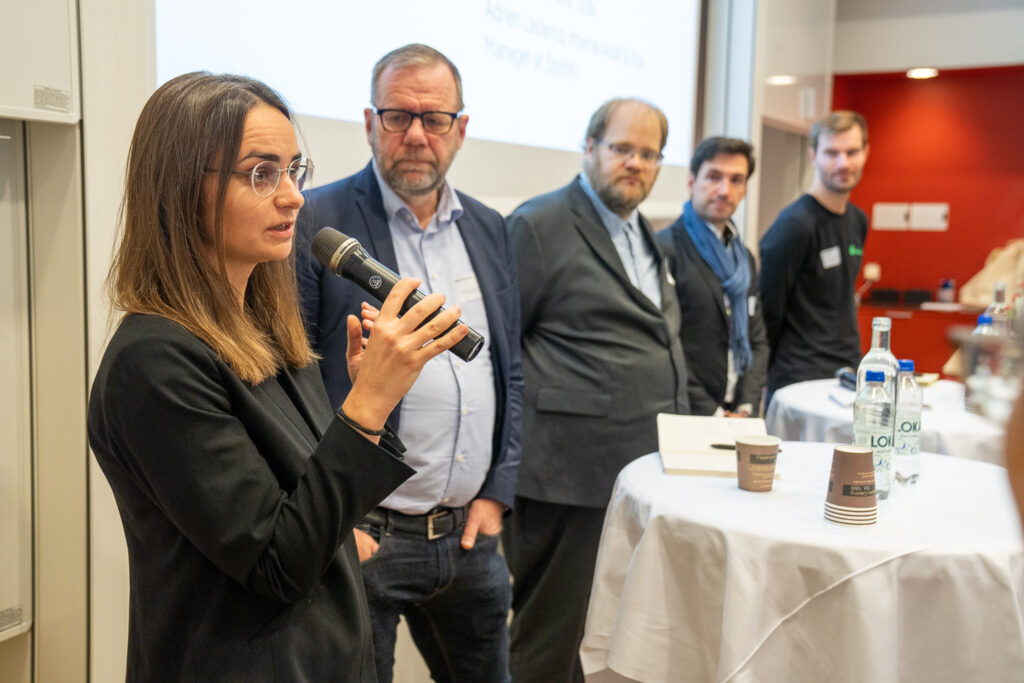
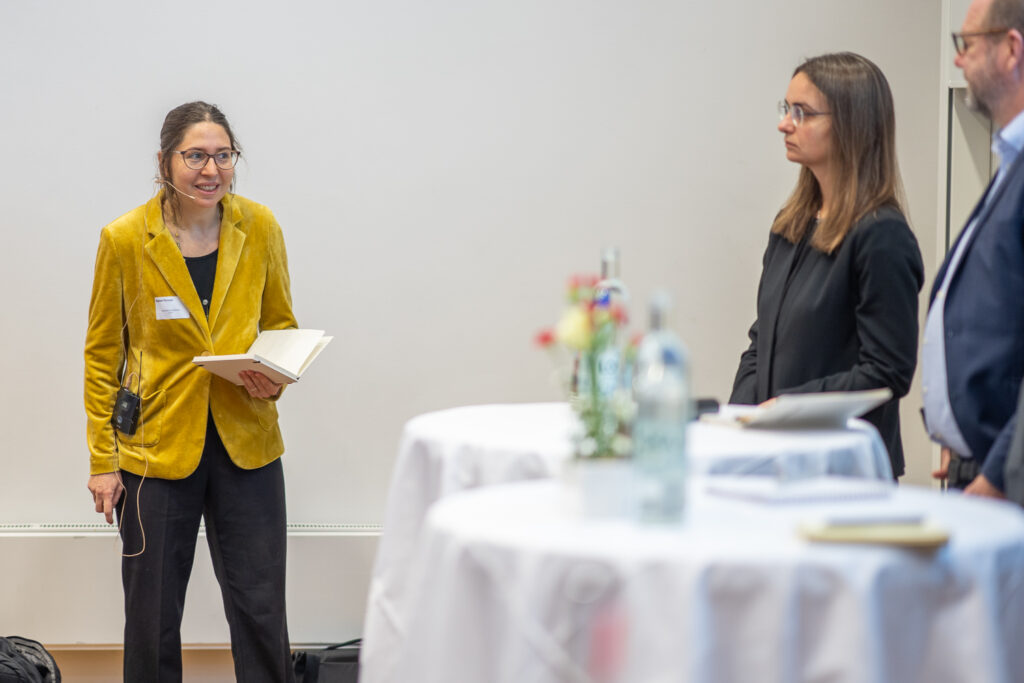
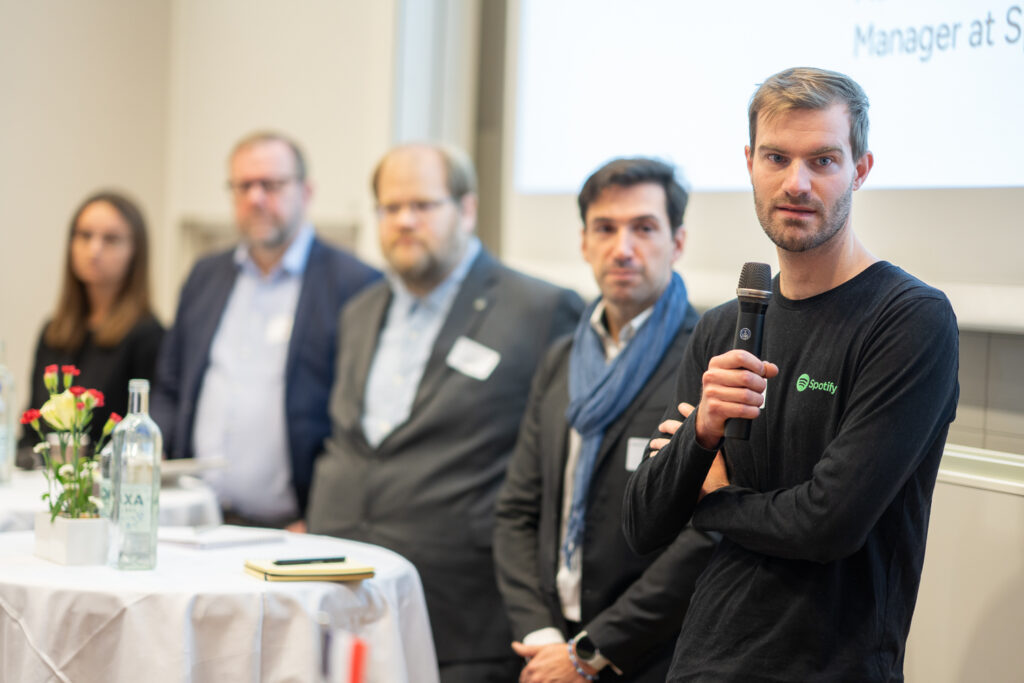
Interactive breakout sessions encouraged participants to identify new research–industry intersections and map out future collaboration opportunities, culminating in a closing session led by Johansson and Proutière on the next steps for joint initiatives and funding strategies.
– The discussions over these two days have made clear that the future of AI lies at the intersection of academia and industry. By combining expertise from research and innovation, France and Sweden are setting the stage for breakthroughs that benefit society at large, concluded Karl H. Johansson.
Building a sustainable AI partnership
Behind the scenes, the workshop was co-curated by a binational program committee including leading researchers from INRIA, École Polytechnique, Hi! Paris, and KTH. Their shared vision is to establish a long-term, high-impact collaboration network that catalyzes innovation, strengthens Europe’s research leadership, and attracts sustained investment from EU and international sources.
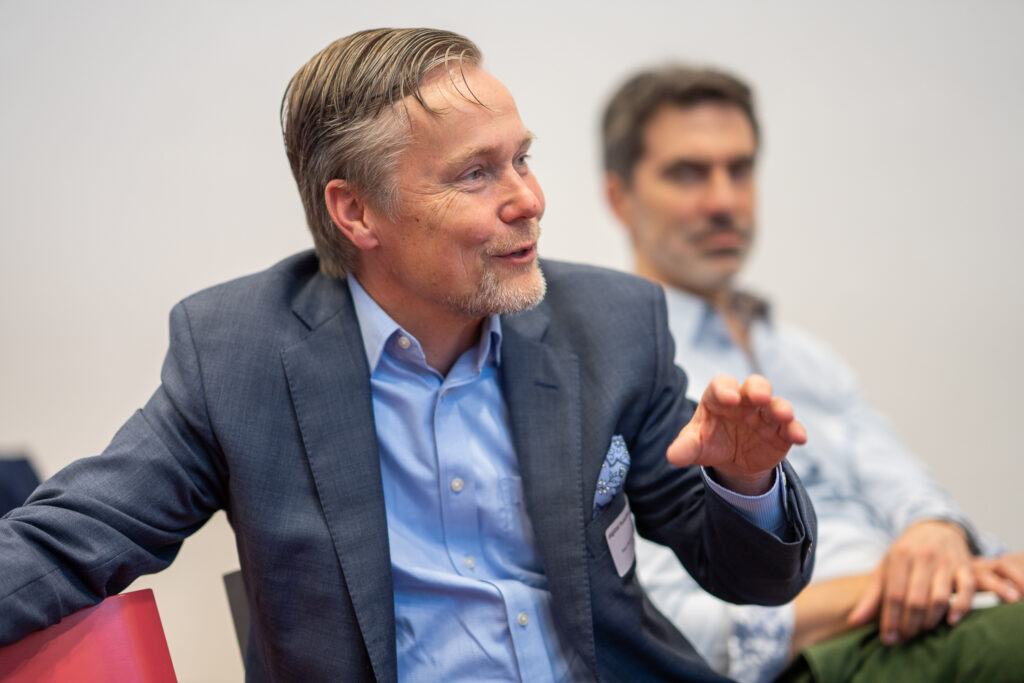
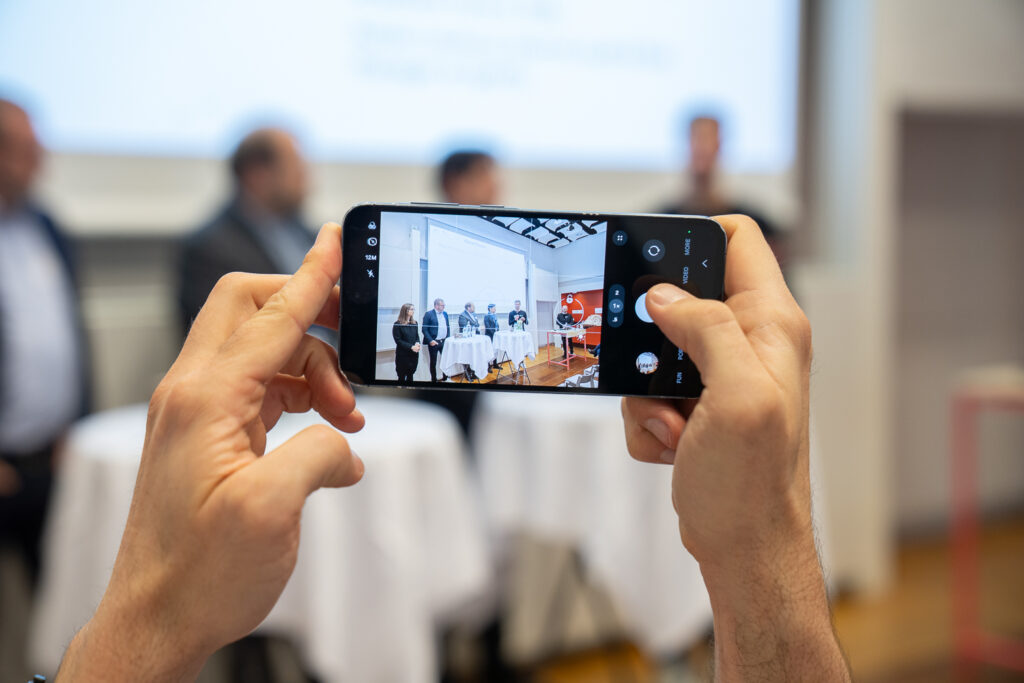
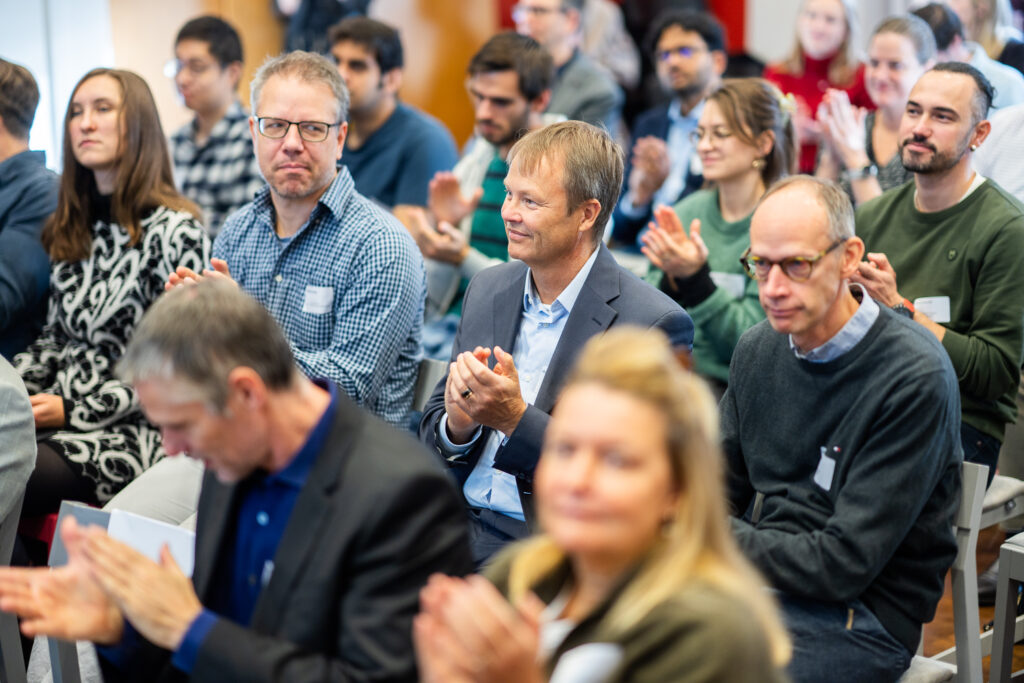
By bringing together academic and industrial leaders, the French–Swedish Workshop on AI laid the foundation for a durable partnership built on shared scientific excellence, innovation, and a common commitment to responsible AI. The event not only deepened bilateral ties but also reaffirmed a broader European ambition for collaborative, human-centered AI that benefits both societies and industries.
A warm thank you to all participants for their great contributions — speakers, moderators, panellists, poster presenters, and last but not least, the fantastic audience!
Text: Johanna Gavefalk
Photo: Magnus Glans

